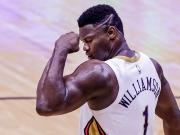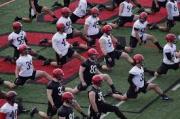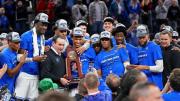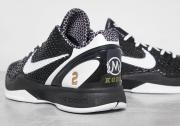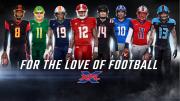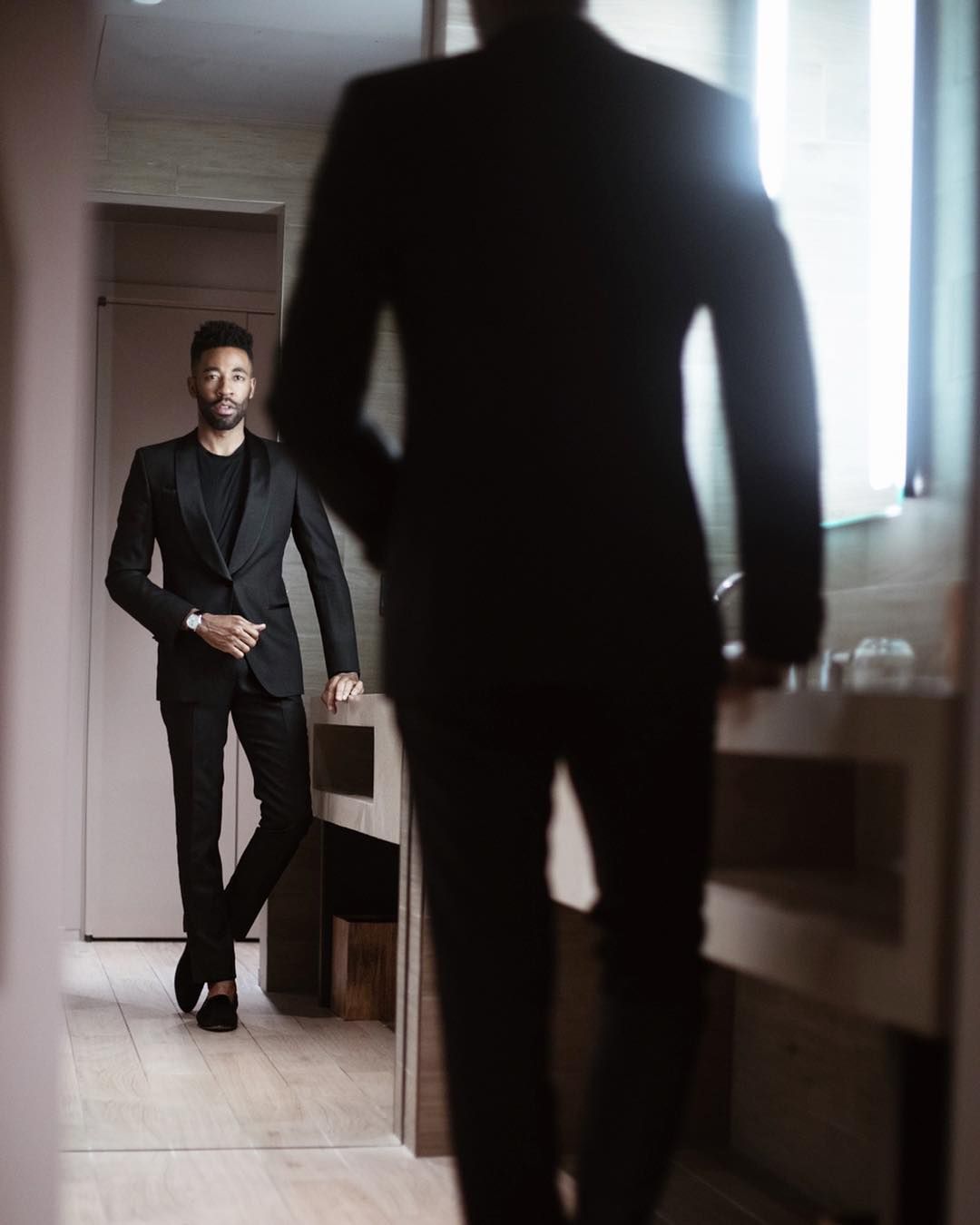
by Gene Clemons
When I was a Journalism major in college my professors talked about the role of the journalist. A journalist's number one job was to be a conduit for the people bringing them the information that they needed to know. They would be the voice for the people and ask the questions that the populous wanted answers for. They were above reproach because they provided an unbiased account of the information. In sports their job was to report the results of contests accurately while painting visuals that allowed the reader to feel as if they were present. The writing mattered and as such, the cause was noble. In many cases they were no more than a by line. Some columnists received a headshot and a by line. Other than that, they existed in anonymity.
At the same time the role of the sports reporter was changing before my eyes. What used to be clearly defined roles of writer and columnist began to blend as opinions took on more of a prominent role in the sports media landscape. Over time, social media outlets like Facebook, YouTube, and Twitter became the most popular forums for consuming sports information. No longer did you have to wait for the morning paper or the evening news. You didn't need to wait for Sportscenter to come on. As so many elements of the newspaper and news broadcast died, journalists were left to adapt to a society who wanted everything in one place at the same time. These infinitely more accessible mediums also opened a field that is already saturated, up to anyone with a social media handle.
Today's world of Journalism is very similar to that of the music industry. No longer can natural or developed talent get you in the door, unless that talent is SEO optimization. An abundance of followers can elevate someone from writing for a blog site to working at ESPN. It is a gift and a curse. With this new lane of discovery, it is not enough to simply write good stories or report accurately and timely. As a journalist you are no longer selling your work, you are selling yourself. What used to be a byline in a newspaper has been replaced by your Twitter or Instagram handle, a Facebook page, a YouTube channel and a LinkedIn profile.
As journalists share more of their personalities, as they let followers deeper into who they are as people, they lose the anonymity that so many of their predecessors enjoyed. In truth they can't afford to. Between local beat writers, local sportscasters, beat writers for national publications and media outlets, websites, blogs and the individual freelancer the competition for eyes is great and normally the journalist who has created a connection with the fans will get them to watch their content. The byproduct of merging your personal and professional lives through your social media is that people look to you for your opinion on situations that involve the team you cover. You become as important to your followers as the content you provide them with.
We live in a cynical world. One that doesn't separate the personal from the professional. So, when we talk about the things we personally want to see teams do, fans assess it as a professional take. That gets tricky and can leave the focus on us instead of where we really want the focus to be, on the story. Earlier this year at the SWAC media days, a media member got into an argument with Deion Sanders when the journalist called Sanders by his first name. Sanders asked the journalist to call him coach and after a back-and-forth exchange where Sanders said, "You don't call Nick Saban, Nick." The journalist once again called Sanders by his first name which promptly made Sanders get up and leave the interview. None of the stories that came out of that interview session had to do with football or anything associated with the team. The only thing anybody reported on was the exchange.
That incident elevated the profile of the journalist but did that journalist really do his job? In journalism school we were taught to never make the story about you. In a situation like that it would have been easier to simply comply with a benign request as opposed to offering resistance. If you make your interviewee uncomfortable or defensive, then they are likely to remain closed off. It probably made for a great post on his social media page where he garnered support from so many that may have thought Sanders' request was unreasonable considering that reporters have called Nick Saban, Nick. It definitely allowed others to post videos of Nick Saban being called Nick in an interview. What it did not do is serve the will of the people. People who wanted to know about Jackson State's football team and their charismatic hall of fame player turned coach. It was an opportunity to create an environment that would allow for better discourse that media outlet, the team, and the coach in the future.
In this sports culture media members wear all of the hats. The intention of each person is unknown. Some people get into this field because they love sports, some because they want to be famous, others simply need a job. Many don't realize how much their personal life will factor in this world, especially when you actively post your personal and professional life on social media. Nobody feels this stress more than women. So many women have used social media to raise their profiles in whatever their field. Women in the media, especially sports media because it is so male dominated, have to deal with harassment and doubts about their knowledge in the space.
They also have to deal with people who believe they are only in their position because they are beautiful or because they fill some quota. While I'm sure there are some men and women who use their looks to garner more attention, the truth is that these generations of women grow up being just as involved and passionate about sports as men. Since many men in the media never played the sport at a high level, what is the difference between them and a woman in the space, nothing. Passion is passion and knowledge is out there for everyone to attain. Is it a woman's fault that she has more followers than many of her male contemporaries, no. Nobody bemoans the good-looking weatherman who gets offers from bigger affiliates? His looks don't mean he is better at his job.
In the end we are left to walk an impossible line in sports media. One where opinions are sought, and accountability is in the form of a retweet. Where videos surface of something that happened 15 years prior in a personal setting and it destroys a career. A space where journalist get more likes and retweets on a summer vacation picture than they do on a column and where advancement is as simple as a follower count. This is the new world order, the games, the participants and the media. We are ALL the story.
###
Gene Clemons is a Sports Analyst and Contributor to CWN Sports. His weekly column and podcast - Gene Therapy focuses on Sports, Politics and Social/Urban issues.
Read more




